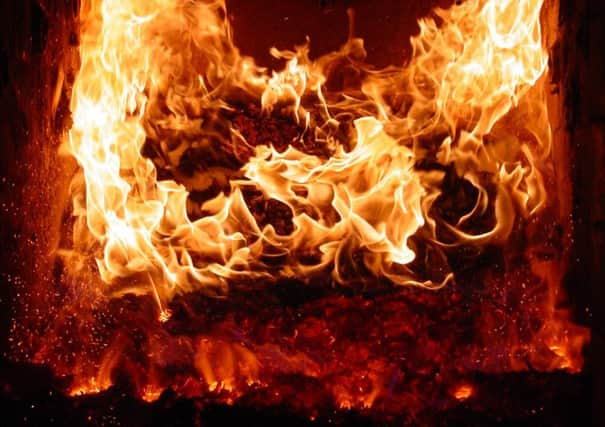Don't forget the benefits RHI has brought: barrister


Gerald Simpson told Belfast’s High Court that these included reductions in oil usage, carbon savings, better air quality, and an employment boost (with 1,022 full time jobs estimated to have been created in RHI-using business thanks to the scheme).
The Renewable Heat Association had surveyed its member businesses online to gauge the economic effects of the scheme, and 213 replied (mainly poultry businesses).
Advertisement
Hide AdAdvertisement
Hide AdBased on the responses, the group estimated that the RHI scheme has added an average of 7% to the turnover of businesses using it.
Of those surveyed, 77% said that the tariff changes brought in this year – which sharply reduce the amount of cash on offer for generating heat for those who were already signed up to the scheme – represent “a threat to the viability of their businesses”.
Throughout Thursday’s hearing, Mr Simpson repeatedly said that the department’s assertion was hat the target was to allow users to achieve a 12% return on their investment after installing their RHI equipment.
He cited one firm – a timber company – which, under the old 2012 rate of subsidy, had been getting a real return of 2.6%; now, after subsidies were drastically cut, it is getting a minus 13.8% return.
Advertisement
Hide AdAdvertisement
Hide AdHe said the way this 12% “gold standard” had been arrived at was based on “flawed assumptions” about how the scheme would operate.
He also questioned the provenance of some of the material before the court.
With one “rather curious” document in particular, dated 2012, he told the court that he was “unclear how it could have been in existence” at the date claimed – adding that he was “putting that at its most neutral”.
He said the document in question made mention of 99kw boilers, and of tariff tiering – neither of which he said had been under discussion at the time.
Advertisement
Hide AdAdvertisement
Hide AdTurning to another document, relating to the department’s business case, he claimed to have come across a basic error in multiplication, saying that “somebody put in figures which don’t make sense”.
The judicial review which this latest hearing was part of is seeking to overturn cuts to the subsidies this year, which were imposed on those claimants who had already signed up – sometimes years ago – to receive much-higher levels of payments for generating heat via the RHI programme.
The case resumes on Monday.